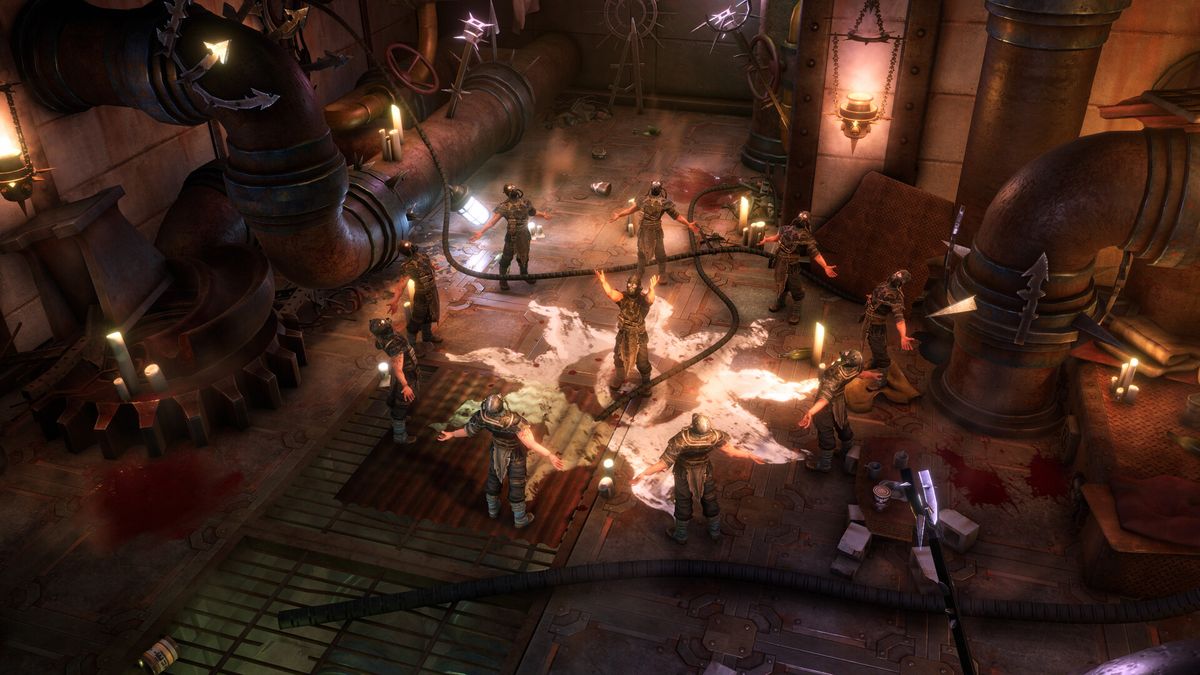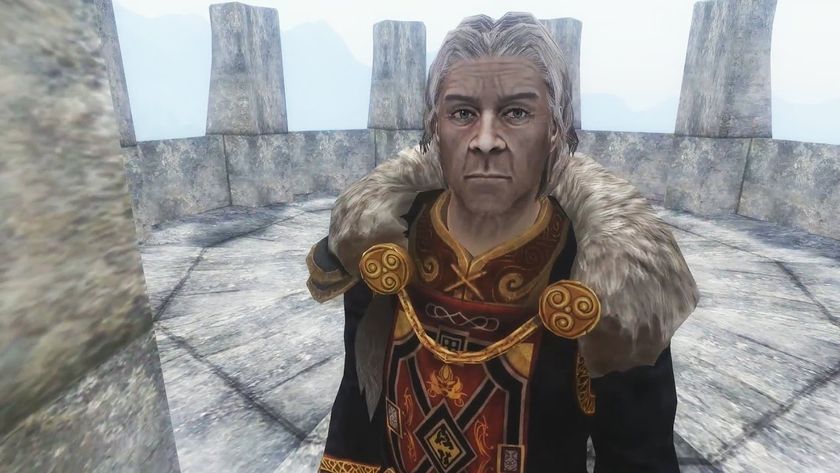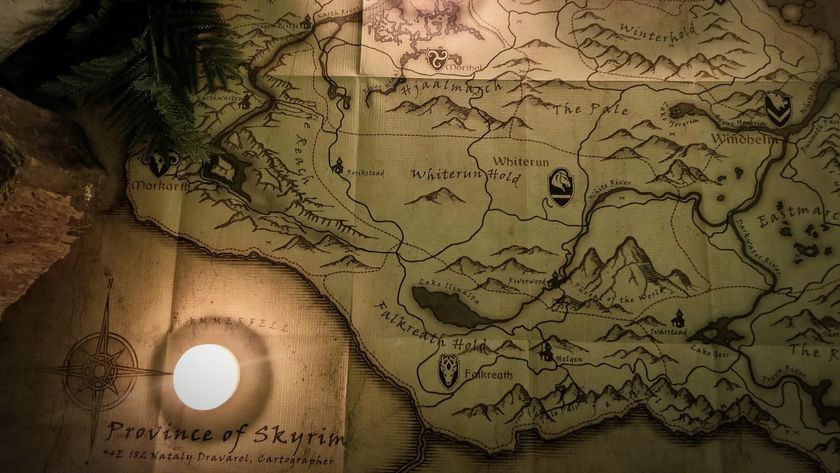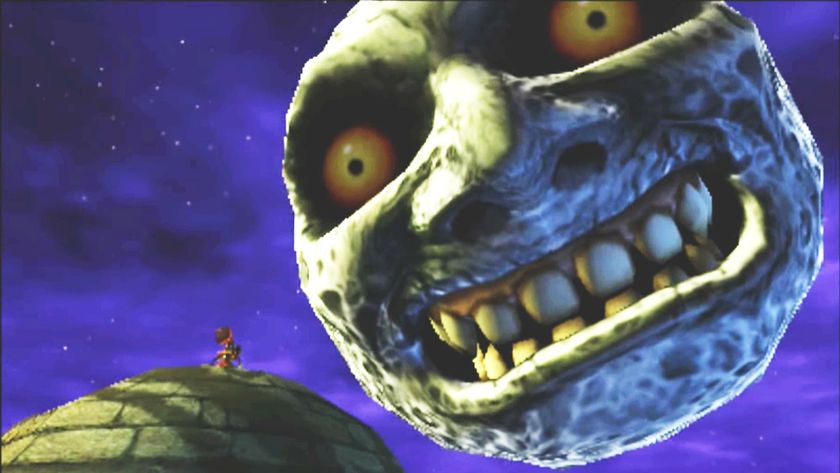Warhammer CRPG opens up debate about good and evil paths, and many think doing the right thing shouldn't lead to better rewards
"In real life, you don't get parades and magic swords for doing the right thing, and it's not always easy"

In the grim darkness of the far future, you're not rewarded for being good, and many think that should be the case in games, too.
It's common practice for developers to reward players for making what's considered the good choices - morally speaking - with an easier experience by showering them with items, stat boosts, and other advantages that give them a leg up in the game. This isn't the case when it comes to Warhammer 40,000's recently launched CRPG Rogue Trader, as one disgruntled do-gooder recently discovered.
In a post on the Steam forums, they explain that despite trying their hardest to be nice - or as nice as they can be given that they're, as they put it, "a colonial fascist officer for a religious-fascist empire" - Rogue Trader doesn't appreciate their efforts. "The game punishes you with negative narrative consequences and even permanent debuffs on your character if you try to be MINIMALLY good," they write. "[It] never shows the consequences of my 'good boy' decisions, unless they are bad consequences."
This has sparked a debate over good and bad choices in games and whether taking the moral high ground should offer better rewards and an easier experience. Judging by the comments, it seems a great many feel that it should, in fact, make things more difficult.
Twitter user Erika Chappell argues that getting rewards for doing the right thing is "a huge problem" in RPGs as it can lead to players selecting the good option for the wrong reasons. "Rogue Trader does let you try to do right, at a cost," they write. "If incurring costs from doing the right thing stops you, you aren't actually as good a person as you thought." They add that it's simply not reflective of the real world: "In real life, most of the time, you don't get parades and magic swords for doing the right thing, and it's not always easy."
a huge problem that a lot of RPGs have is that doing the right thing is 'free', or even explicitly rewards you. rogue trader does let you try to do right, at a costif incurring costs from doing the right thing stops you, you aren't actually as good a person as you thought https://t.co/XmwqlRU8oqJanuary 4, 2024
And they're far from the only one who thinks this way. User @400_Kay says, "I think more games should make the good road the hard road. Evil is selfish, benefitting itself and makes things easier. Good requires sacrifice, to give up something for the greater good."
User @PlazmaBolt also reckons that more games should have good moral choices be "more demanding mechanically," with the trade-off being that they are "more rewarding narratively."
Sign up to the 12DOVE Newsletter
Weekly digests, tales from the communities you love, and more
Of course, there are some RPGs that don't give you a free pass for being the good guy, such as The Witcher 3, Vampyr, and Obsidian's 2016 RPG Tyranny, but they are largely the exception rather than the rule. Whether or not this trend will change in the future remains to be seen.

Originally from Ireland, I moved to the UK in 2014 to pursue a Games Journalism and PR degree at Staffordshire University. Following that, I've freelanced for GamesMaster, Games TM, Official PlayStation Magazine and, more recently, Play and 12DOVE. My love of gaming sprang from successfully defeating that first Goomba in Super Mario Bros on the NES. These days, PlayStation is my jam. When not gaming or writing, I can usually be found scouring the internet for anything Tomb Raider related to add to my out of control memorabilia collection.
Most Popular









